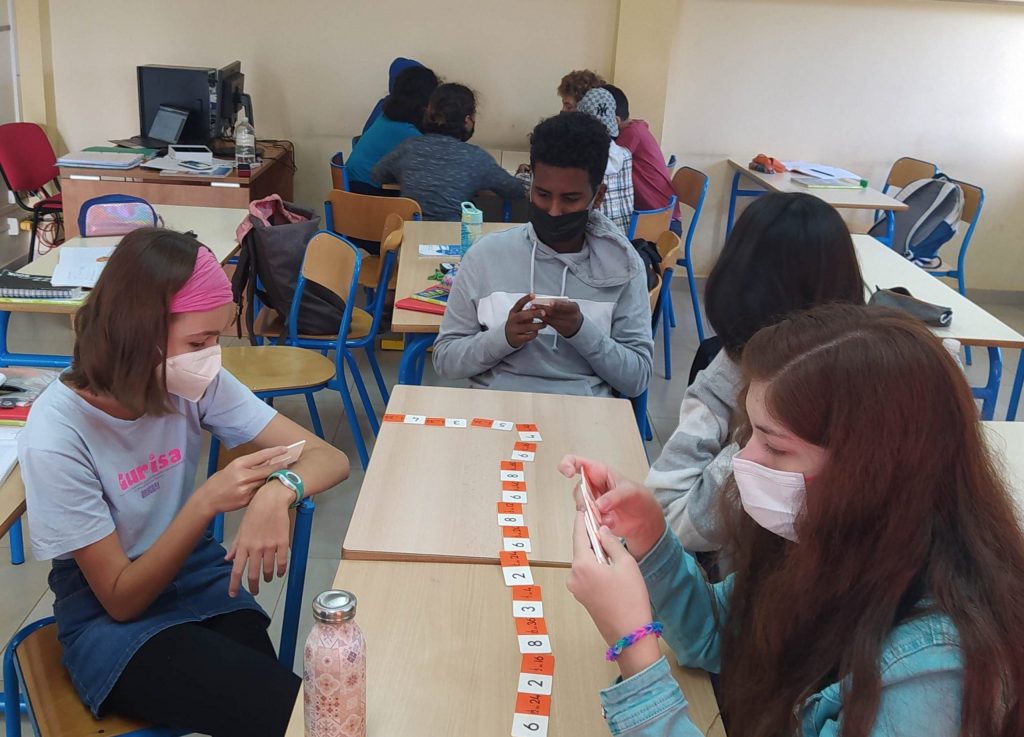The assessment project is designed to support the learning of secondary school pupils. It is aimed primarily at teachers and national education managers, but also at families and pupils.
It sets out common principles for each subject and specialism. It concerns the final cycle of the student’s education at lycée, but it also provides a framework that can be applied to all levels of collège and general lycée. It takes into account all possible forms of assessment in the context of teaching, as well as the diversity of their roles. It aims to ensure that all pupils are treated equally within the school.

The purpose of diagnostic assessment is to establish the level of mastery of knowledge, skills and abilities of pupils at the beginning of the school year or at the start of a new learning sequence; it may be the subject of an indicative mark, which is not intended to be included in the average mark for the year.
Formative assessment takes place during the learning process. It enables pupils to assess their own progress in acquiring knowledge, skills and abilities, thanks to regular assessments by the teacher.
Summative assessment attests to a student’s level of mastery of knowledge, skills and abilities, and takes place at the end of a specific learning period.
Pupil assessment is based on measuring the acquisition of knowledge, skills and abilities linked to the educational objectives set out in the curricula.
To ensure that pupils understand the meaning of assessment, it must be explicit: each pupil knows what he or she will be assessed on, what is expected of him or her and the assessment criteria, and retains from the assessment carried out the degree of acquisition achieved as well as the elements to be worked on. In this way, assessment is an integral part of learning.
Assessment situations may include written and/or oral assessments, with open-ended or multiple-choice questions, in paper or digital format, practical or experimental assessments, individual or group work, in-class or out-of-class assignments, supervised homework (table-top homework) in restricted time and conditions, homework in free time, in person or remotely, depending on the requirements of the teaching project devised by the teacher. Regular short tests, including multiple-choice questions, are used to support regular learning.